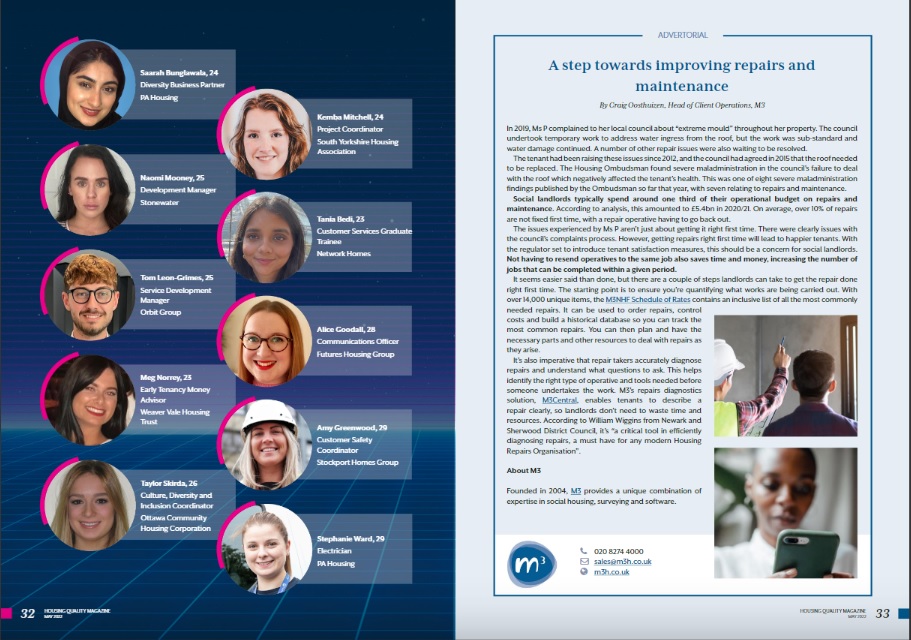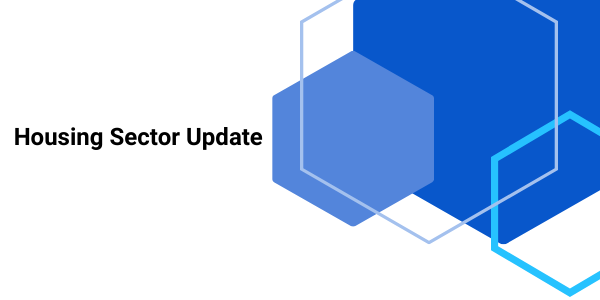The Office of National Statistics (ONS) confirmed that those who have used the internet recently increased from 86% in 2015 to just over 92% in the beginning of 2020. Internet usage increased even faster among older groups, with usage for over 65s increasing from around 50% to 70%. The proportion of people with no internet access decreased from 14% to just 4%, with nine in ten people using the internet daily.
As these statistics were published, people in the UK and around the world were experiencing a major disruption to their lives, with the internet acting as an essential lifeline. At the end of January 2020, the first confirmed cases of COVID-19 started to appear. The virus quickly spread, leading to a strict national lockdown being enforced on 26 March. The whole country was focused on keeping people healthy and safe, and restricting the spread of the virus. Social distancing was strictly enforced with office workers required to work from home, lessons moved online and housing providers unable to conduct on-site surveys or non-emergency repairs.
M3 looked at the number of repair requests being generated over the last two and a half years by nine housing providers across England. This included six housing associations and three local authorities managing between 3,000 to 80,000 homes. These landlords use M3's repairs reporting solution, M3Central, which allows tenants to raise repair requests online. As expected, during the first lockdown the number of repairs requested fell by 42% compared to the same period in 2019. When restrictions eased, the number of repair requests shot up to over double the amount seen in the same period of the previous year. This was due to tenants requesting a backlog of needed repairs.
2021 has seen a steep increase in the use of M3Central by tenants. Despite another strict lockdown being enforced from just before Christmas in 2020, the first three months of 2021 saw one and a half times the number of repairs requested as the same period in 2019. The first half of the year has already seen just as many repairs requested online as the whole of 2019.
According to the 2021 Lloyds Consumer Digital Index, predictive modelling in 2020 had estimated that 60% of people would have high digital skills by 2025. In 2021 that number is thought to have reached 58%. In one year, we have achieved five years' worth of advancement. It is tempting to attribute this purely to office staff working from home, or students doing classes online, but the report found that a quarter of all skilled manual workers are also spending more time online. It also found that people are increasingly using the internet for personal use.
As tenants adapt to using online services, M3 has had to continually monitor and develop M3Central to ensure they receive the service they've come to expect from a digital world. People want fast and simple solutions, so when tenants use M3Central it now takes only 3-clicks for them to find the repair they are looking for. Improving speed doesn't mean we can sacrifice accuracy. We must make sure tenants can vividly describe a repair to ensure the landlord doesn't waste time and resources coming back to them for more information. It is also costly if operatives need to revisit a property because of incorrect or incomplete repair information. To that end we have added the ability to include photos and videos of the repair, added smart locations based on the repair category, and made it easy for tenants to see which repairs are their responsibility. We have also included useful home advice that can be linked to informative resources.
The way people access the internet has also changed. They are increasingly using smartphones rather than desktop computers. Over half of over 65s now use a smartphone, and use increases as the age range drops with 98% of 16 to 24-year olds using them. We have seen a similar trend in the way people access M3Central. Over 70% access is through a smartphone or tablet, compared to 60% prior to COVID-19. This means we have had to make sure M3Central intuitively resizes and responds to different devices and screen sizes.
The question is whether the accelerated adoption of online technologies we have seen over the last year will continue. I think it will. The Consumer Digital Index found that 91% of those who have increased online activities during the COVID-19 pandemic plan to continue that behaviour. It is hard to know what the future holds, but it seems that the need for faster more efficient online services will accelerate and we need to be ready for it.
M3Central: Find out more



